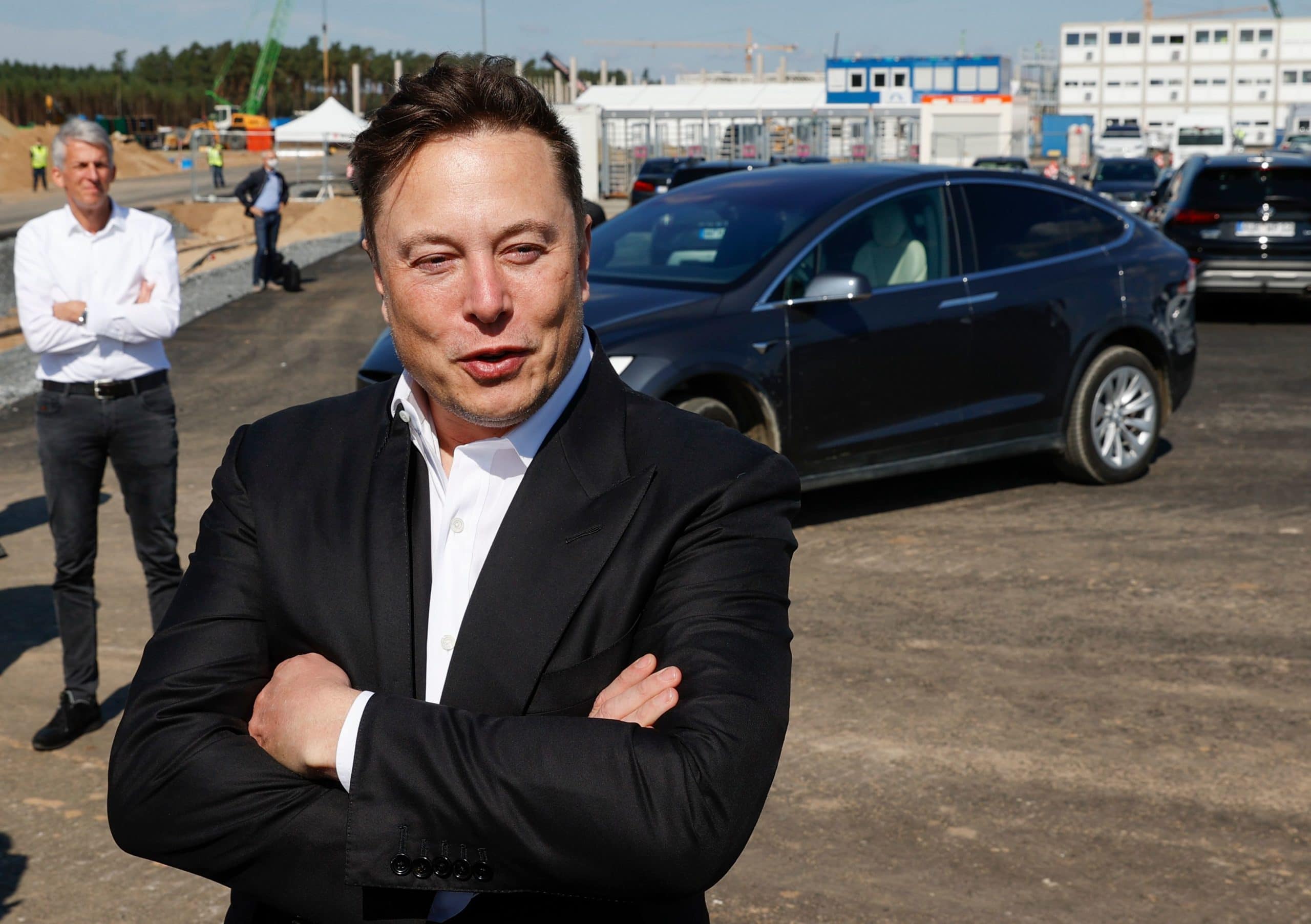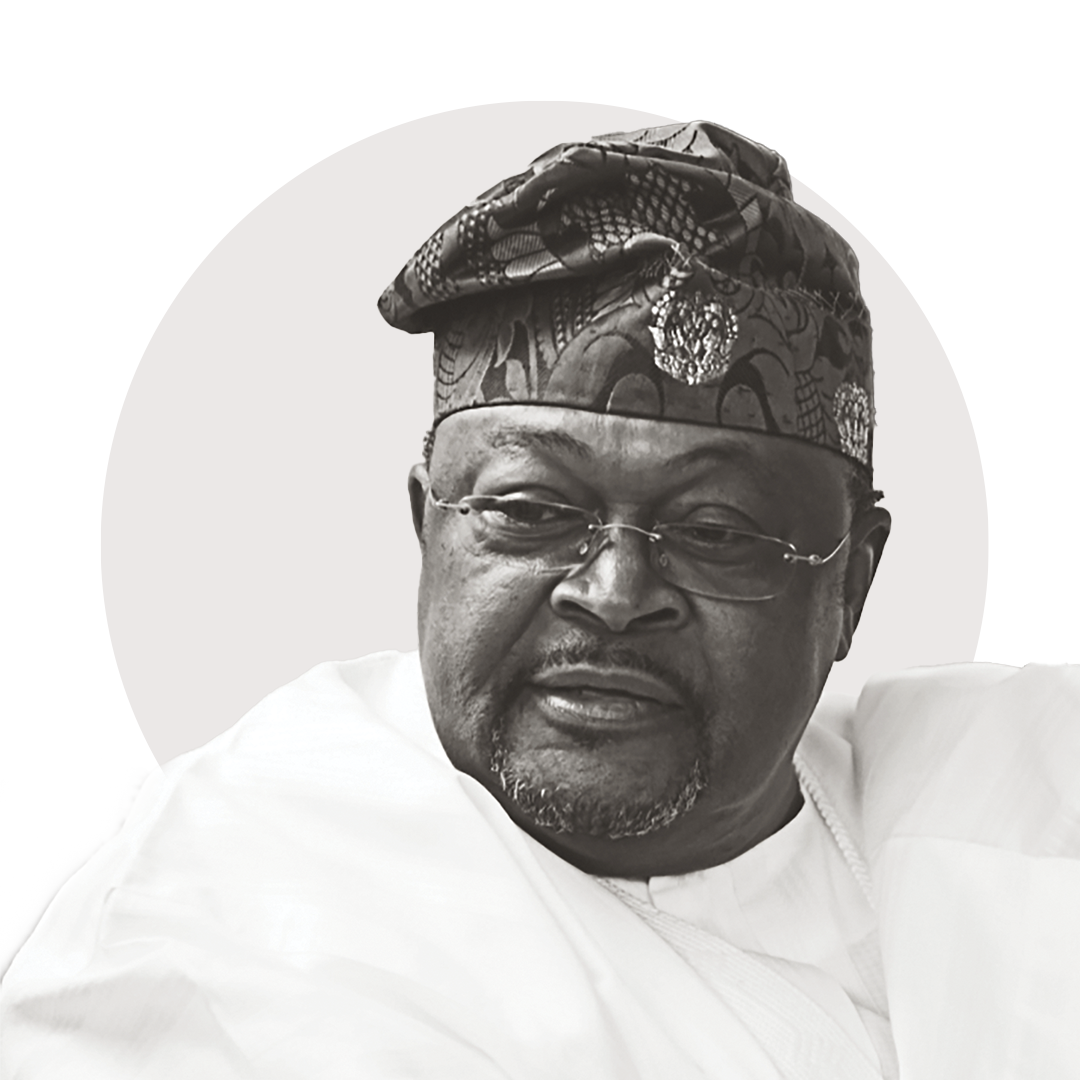Elon Musk has never been a big charitable donor relative to his astronomical net worth, which, as of Tuesday afternoon, stands at an estimated $246 billion. But a new Securities and Exchange Commission filing published on Monday evening revealed the CEO transferred about 5 million Tesla shares in November, worth $5.7 billion at the time, to “charity.” If true, that would be a gift equal to roughly 2.3% of his net worth—not a huge percentage, but more than 20 times what he had previously given to date.
When the filing first hit, some speculated that Musk—the world’s richest person—had made a massive gift to the United Nations’ World Food Programme (WFP). The timing tracks: A month prior to the November share transfer, Musk tweeted that he’d donate $6 billion to the WFP—if the organization could describe “exactly how $6B will solve world hunger.” (Some surmised that Musk, who has a long history of tweeting flippantly, was simply trolling.) But the WFP has not received such a gift, it told Forbes on Tuesday. “Whether WFP receives any of this money is yet to be seen, but I am excited to hear that Elon is engaged,” said the organization’s Executive Director David Beasley in a statement. No other charities have announced gifts yet, either, and Musk did not respond to multiple requests for comment.
What makes a lot more sense is that the money landed in a donor-advised fund (DAF), which behaves like a philanthropic bank account. DAFs are essentially black boxes, since they don’t carry specific requirements like annual distributions or public disclosures of grants tied to a specific donor. Money can sit in DAFs for years without ever going to an operating nonprofit group, which is why Forbes does not count such funds when measuring the biggest philanthropists—unless the billionaire shares details about grants actually made by their DAF, as a representative for Musk has done in the past. Of the $280 million that Forbes estimates Musk has given to charity over his lifetime (without this latest mega-gift), about 20% has been donated through DAFs.
One of the advantages of giving stock to a DAF is that Musk receives the tax benefit of the gift—a tax deduction of as much as 30% of his 2021 adjusted gross income—as soon as he makes the donation, even though the shares are sitting in the equivalent of a philanthropic holding tank.
A second scenario is that Musk could have pumped the money into his own foundation instead. In that case, he’d still receive an immediate income tax deduction. But, unlike a gift directly to a DAF, foundations are required to disperse about 5% of assets annually. (If the foundation distributes more than 5% in one year, it can carry forward the excess for five years. If the percentage is not met, the foundation simply pays more in taxes).
Loading...
Up until now, at least, Musk has ranked among the less charitable billionaires in the world, especially relative to the size of his fortune. But there is evidence that he may be thinking of stepping things up. In February 2021, he announced a $100 million “XPRIZE” to be split among teams that can create scalable mechanisms to remove carbon from the atmosphere. He’s funded just over half of the total prize purse to the X-Prize Foundation, which is overseeing the award, so far, according to a representative for Musk. It has already doled out $5 million of that sum among 23 student-led teams to support the early stages of their carbon-removal projects, but the full competition won’t wrap up until 2025.
Last year, Musk gave $55 million to St. Jude’s Children’s Research Hospital. He also donated about $30 million to a variety of public schools and nonprofits based throughout the Rio Grande Valley in south Texas, where SpaceX builds its rockets; the donations were announced in March 2021 amid mounting criticism from local activists who say the company is harming the region’s ecosystem and pushing out longtime communities.
For the fiscal year ended June 2020, the most recent for which filings are available, the Musk Foundation doled out less than $24 million of its total assets of $941 million. Of that, about $20 million landed in a DAF. The remaining $2.9 million primarily went to education-related causes. The Mercatus Center, a libertarian think tank at George Mason University in northern Virginia that aims to advance free-market ideas, got $1 million from Musk. The Mercatus donation was intended for “Covid-19 scientific research,” according to the Musk Foundation’s tax filing. Another $1 million went to the Wikimedia Foundation, the nonprofit behind Wikipedia. The next biggest donation—$500,000—landed with Hack Club, a Vermont-based nonprofit that oversees a network of nearly 500 student-led coding clubs around the world. Musk gave an additional $1 million to Hack Club this past fall.
He’s also given his time to the group. After a few teenage members dug up Musk’s contact information in public records and asked him to speak to the organization in March 2020, Musk agreed and devoted over an hour to a live Q&A video chat the following month—and made his first donation to the organization soon after. “It allowed us to hugely increase our hiring of engineers to create cool coding games, to one-on-one mentor the teenagers and to support them to build things to code,” says Hack Club’s Chief Operating Officer Christina Asquith.
Musk also donated to a handful of exclusive Los Angeles private schools in 2020, including Crossroads School for Arts and Sciences in Santa Monica and The Windward School. His foundation earmarked $50,000 for a Covid-19 antibody study at Sacred Heart University, a private catholic university situated in a Connecticut suburb of New York City. He gave $60,000 to Ad Astra School, the experimental private school he cofounded in 2014 on SpaceX’s Los Angeles-area campus; his children and some children of SpaceX employees have attended it. It’s now located in Austin, where Musk spends most of his time and where Tesla has moved its headquarters.
Musk has never earned a spot on Forbes’ top philanthropist rankings, which track giving as a percentage of net worth and only count money that has made it into charities’ hands (rather than funds sitting in one’s own charitable foundation or donor-advised funds). So far, Musk has donated just .001% of his $246 billion fortune—Forbes is not counting the $5.7 billion donation until we know that it is actually being put to use by a charity.
Most of his ultra-rich billionaire peers boast better track records. Warren Buffett, far and away the most charitable, has donated about $46.1 billion in his lifetime, or 40% of his $115.6 billion fortune. In 2010, Buffett and Bill Gates cofounded the Giving Pledge—a non-binding oath taken by some of the world’s richest people to donate the majority of their fortunes during their lifetimes or after their deaths. Gates has donated $33.4 billion alongside his ex-wife Melinda French Gates—about 24% of their combined $140.7 billion estimated net worth. Amazon founder Jeff Bezos, the world’s third-richest person, has given out $2.1 billion to charitable causes, including some $1.3 billion toward climate-focused causes—which equates to about 1% of his estimated $188 billion fortune.
Musk signed the Giving Pledge in 2012, and the 50-year-old CEO has indicated that he’ll ramp up giving later in life. In 2018, he tweeted that he would sell around $100 million worth of Tesla stock “every few years” for charity and will make “major disbursements in about 20 years when Tesla is in a steady state.” Tesla’s stock has soared 1,200% since that tweet, making Musk hundreds of billions of dollars richer on paper.
In time, the recipient(s) of Musk’s $5.7 billion will likely be revealed. But until then, it’s best to remember that he gave away the largest amount he’s ever given the same year that he sold the most Tesla stock and exercised the most Tesla options ever. As a result, the reason for the stock gift probably had more to do with lowering his tax bill than anything else. And if Musk’s track record is any indication, the money likely has not made it to those in need quite yet, and may not for a while.
Loading...





















